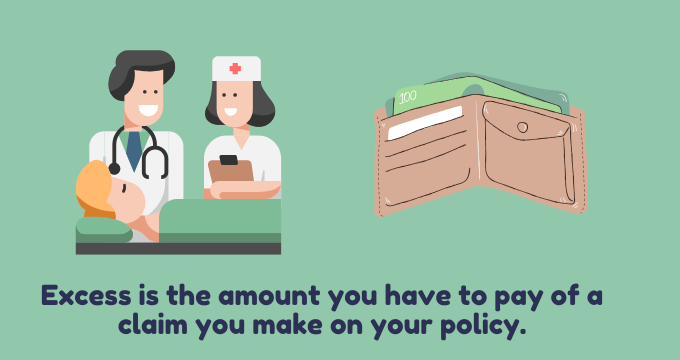What is an Insurance Excess?
We often get queries about excess from our customers, how excess works and why they need to pay an excess. Below is a short explanation on excess. Hope this helps answer our customers’ queries.
What is an insurance excess?
Excess is the amount you have to pay of a claim you make on your policy. If you make a claim and it's accepted, your insurer will pay for the costs you submitted that are over your excess amount.
The excess amount will differ depending on the type of policy you have. The amount of excess is specified on your policy.
Why is excess charged?
The rationale behind an insurance excess is to reduce the number of small insurance claims and to encourage policy holders to take care, thereby reducing the number of claims.
An excess can also be seen as a form of self-insurance. It helps to avoid many small claims and keeps premiums low for everyone who is insured.
Without excesses, there would be claims for tiny sums like $5 or $10, which would result in far higher costs to run insurance companies.
How does excess work?
Let’s look at an example where your policy has an excess of $75.00. If you are unwell and have incurred medical costs of $200 for your treatment. You would need to meet the first $75.00 of the costs you had incurred, and the insurer will pay the remainder of the costs, which is $125.00. If you returned to the doctor, as the matter did not improve, and pay $100 more for treatment, 100% of the $100 would be refunded.
It’s important when purchasing a policy to know if your policy has an excess. Some of the OrbitProtect policies have excesses. Make sure you check the policy wording.

